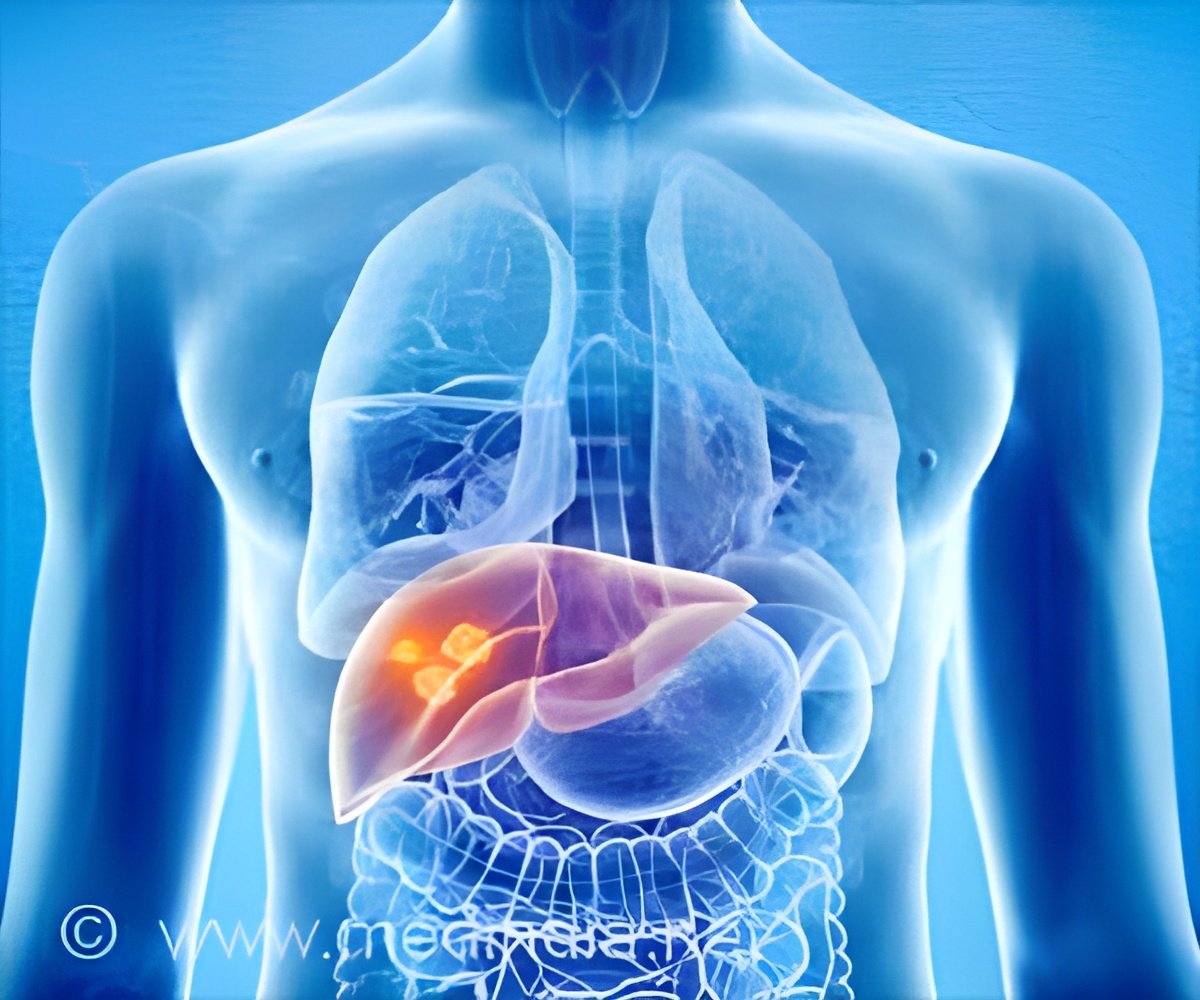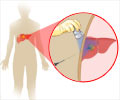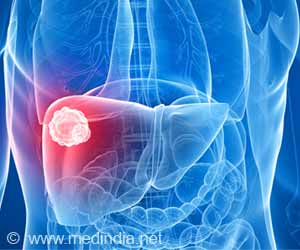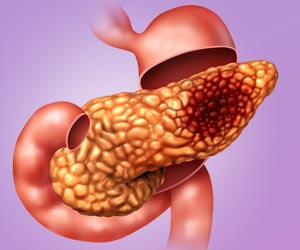Poor oral hygiene or oral health may be more strongly associated with high liver cancer risk, finds a new study.

‘Although liver cancer is one of the bigger cancer killers, up to half of liver cancer cases are preventable, with risk factors often relating to lifestyle, like overweight or obesity, smoking, and alcohol consumption.’
Read More..




While no significant associations were observed on the risk of the majority gastrointestinal cancers and poor oral health, a substantial link was found for hepatobiliary cancer.Read More..
"Poor oral health has been associated with the risk of several chronic diseases, such as heart disease, stroke, and diabetes," explained Dr. Haydée WT Jordão, from the Centre of Public Health at Queen's University Belfast and lead author of the study.
"However, there is inconsistent evidence on the association between poor oral health and specific types of gastrointestinal cancers, which is what our research aimed to examine."
Of the 469,628 participants, 4,069 developed gastrointestinal cancer during the (average) six-year follow up. In 13% of these cases, patients reported poor oral health. Participants with poor oral health were more likely to be younger, female, living in deprived socioeconomic areas and consumed less than two portions of fruit and vegetables per day.
The biological mechanisms by which poor oral health may be more strongly associated with liver cancer, rather than other digestive cancers, is currently uncertain. One explanation is the potential role of the oral and gut microbiome in disease development. "The liver contributes to the elimination of bacteria from the human body," stated Dr. Haydée WT Jordão.
Advertisement
Another theory in explaining the higher cancer risk due to poor oral health suggests that participants with a high number of missing teeth may alter their diet, consuming softer and potentially less nutritious foods, which in turn influence the risk of liver cancer2.
Source-Eurekalert















